Exchange-traded funds to hit DSE in three months
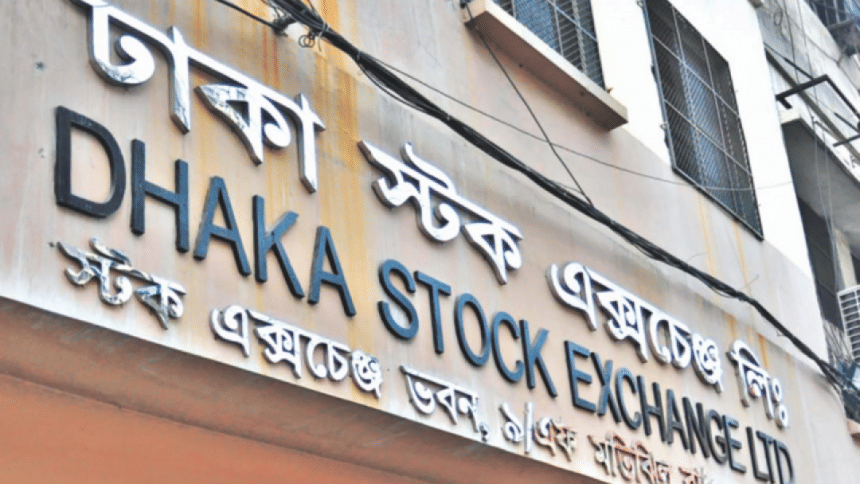
Bangladesh is set to get its first exchange-traded funds (ETFs) in three months which would give a new product to investors and contribute to stabilising the stock market.
An ETF is a type of pooled investment from investors that operates much like a mutual fund.
The difference is that it is used to invest in certain stocks that are included in an index, or certain sectors or other assets.
Mutual funds, on the other hand, can be used to invest in any stock and fixed-income asset.
The ETFs can be purchased or sold on a stock exchange the same way as is a regular stock.
Asset managers manage the funds and provide dividends to investors while trustees ensure that all rules and regulations are complied with and that the interests of the unit-holders are protected.
Yesterday, the Dhaka Stock Exchange (DSE) announced that it was going to allow asset managers to launch the ETFs, which would invest in certain indexes, primarily the DS-30, the blue-chip index.
Recently, LankaBangla Asset Management Company, Shanta Asset Management and Green Delta Dragon Asset Management have submitted proposals and applications expressing interest to be sponsors of an ETF.
Based on their proposals, the DSE held consultations with the Bangladesh Securities and Exchange Commission (BSEC), and the regulator gave its consent in principle to introduce the ETFs in the capital market.
"The DSE is working so that at least one or two ETFs can be introduced within three months," said Tarique Amin Bhuiyan, managing director of the DSE, during a media briefing at the auditorium of the premier exchange of the country.
"The DSE wants to prepare the market now. We are going to raise awareness among people so that they can realise what the product is and thereby invest."
Whenever the stock exchange officials talk with foreign investors and ask them to invest in Bangladesh's stock market, the foreigners ask whether there were an ETF or other products apart from equities, he said.
"The ETF is one of the best products to stabilise the market, so we have focused on it," said Bhuiyan.
The size of an ETF would be a minimum of Tk 50 crore, of which 10 per cent will be funded by sponsors and 2 per cent by the asset management company. The rest can be raised from the public.
With the investment into an ETF, investors will basically invest in an index and it is more transparent than mutual funds as the asset manager cannot buy stocks or any product other than the fixed index.
If needed, the DSE will launch ETFs in the pharmaceutical sector or other sectors, Bhuiyan said.
DSE Chief Operating Officer M Shaifur Rahman Mazumdar said the premier bourse has taken the initiative to establish an alternative trading board (ATB) where open-ended mutual funds, debt securities and non-listed equities would be traded.
"Now, we have all the technologies to trade the products, except for mutual funds, so we are bringing the technologies," he said, adding that the DSE has already signed a memorandum of understanding in this regard with the Bombay Stock Exchange.
The ATB will be ready for trading all the products within next September, he said.
Md Ziaul Karim, chief technology officer of the DSE, was also present at the event.

 For all latest news, follow The Daily Star's Google News channel.
For all latest news, follow The Daily Star's Google News channel. 

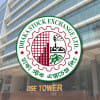
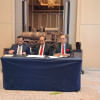
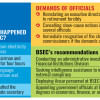
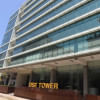
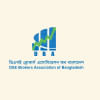


Comments